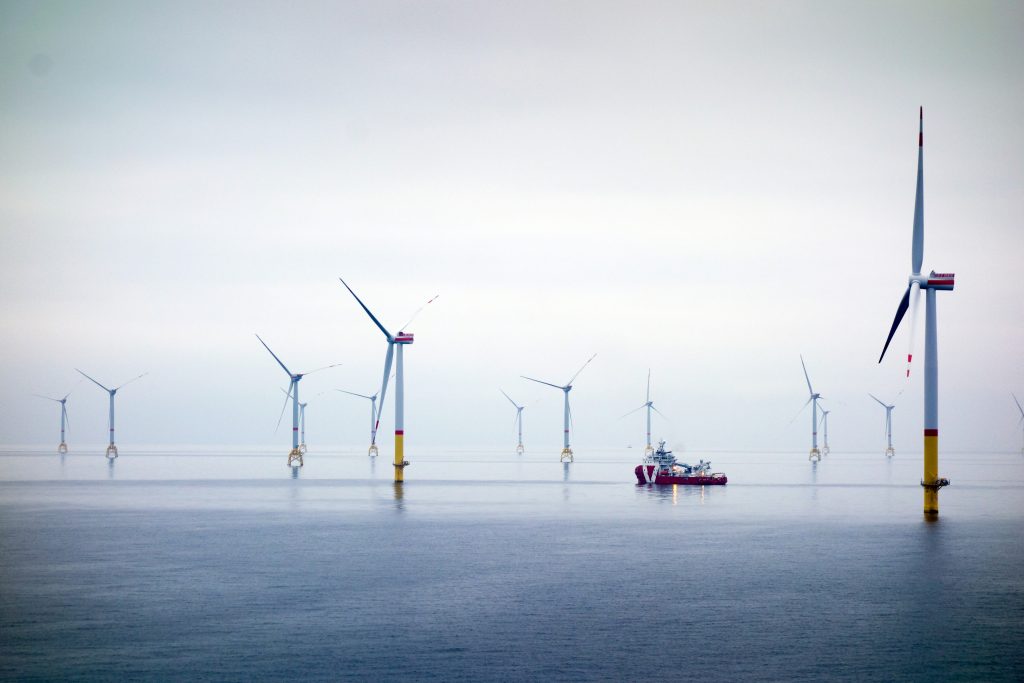At the end of September, the Norwegian Government signalled the introduction of a business loan guarantee scheme in the wake of high electricity prices. The scheme has now been passed by the Norwegian Storting and approved by the EFTA Surveillance Authority (ESA), and is in operation from today.
It gives me great pleasure to announce that we are now ready to receive applications for the loan guarantee scheme. With this scheme, we will contribute to making it easier for energy-intensive companies with liquidity problems in the wake of high energy prices to get help from their bank.
Minister of Trade, Industry and Fisheries, Jan Christian Vestre
Companies deal with their banks
The loan guarantee scheme mitigates the risk of banks when giving loans in that Eksfin guarantees up to 90 per cent of the borrowed sum the companies receives. This will contribute to companies getting loans they would not otherwise receive or would have cost more without the guarantee. Each bank must enter into an agreement with Eksfin, but companies deal with their banks. This is a temporary scheme lasting until the end of March 2023.
‘The financial situation has made the work difficult. I understand that many companies have been impatient, but we have been working intently on the last details. A good solution is finally in place,’ says the Minister of Trade, Industry and Fisheries.
For companies with acute liquidity problems
The loan guarantee scheme is a nationwide scheme for companies (regardless their size), who have their undertakings in Norway, and meet the criteria for energy intensity and increasing energy prices in the company’s area. The energy intensity of the company in the first six months of 2022 must have been at least three per cent measured as actual energy costs (energy consumption and transmission charges, exclusive VAT) as part of the turnover in this period.
Read more about the terms and conditions of the scheme
When assessing loan applications, banks shall emphasise the eventuality that the company receiving the loan would have been able to pay the energy costs under normal market conditions (without the extraordinary high energy prices).
Press release from regjering.no Read More









